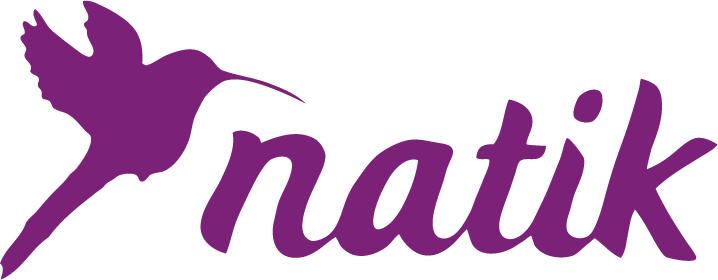Natik: The economics of love and language!
This month's reflection is inspired by the love and friendship celebrated on Valentine’s Day and the importance of honoring unique cultural expression on Mother Language Day on February 21st.
Since Natik’s development work operates in the context of a global economy, I thought it would be interesting to view the celebration of Love and Language through the lens of Game Theory, which was introduced in 1944 to predict human economic behavior through mathematical formulas. It began with the assumption that humans are selfish and always act in their own self-interest.
Since then, its applications have extended far beyond the confines of economic behavior, perhaps because observations of actual human behavior have demonstrated that individuals face many challenges, and not all of them are economic.
It turns out that the majority of human interactions are based on voluntary reciprocity. The average person with family, friends, and colleagues, and anyone who has played on a team or helped a random stranger have experienced that self-evident fact thousands, if not millions of times.
The Game Theorists “discovered” this universal tendency of unselfish behavior in the 70’s and economists have been developing mathematical models to understand cooperation, which is statistically more common than selfishness. In other words, the people who practice pure (mathematically predictable) greed are in the minority.
That is good news for everyone who cares about developing sustainable solutions to global challenges, since creative problem-solving benefits from collaboration, which is based on long-term relationships of love, trust, mutual respect, and voluntary reciprocity--- which is apparently what most people would rather be doing anyway! 😊
There are several factors that encourage cooperation, which Natik applies intuitively and intentionally. We continually shift our modes of interaction, practice all-direction exchanges, and share strategies for administrative, organizational programatic, fundraising, and communication skills that are useful in the game of collaborative community-based development.
Everyone benefits from continual feedback from peers experimenting with the same strategies in similar but different situations. We’ve learned that sharing the vision of a more equitable and sustainable world is another strong motivation for collaboration.
Often, the greatest historic expressions of art, philosophy, and social constructs are the result of geographic nexus points where different cultures are in direct contact for extended periods of time. Honoring traditional Mother Languages recognizes the importance of being able to share different cultural experiences in the collective process of solving global challenges --- which affect all of us.
Thanks for joining us on our journey of love, reciprocity, and cultural diversity.
✨🌟✨ Anita Smart
Executive Director
P.S. Please feel free to respond to this email or schedule a time on my calendar so we can talk.💚
